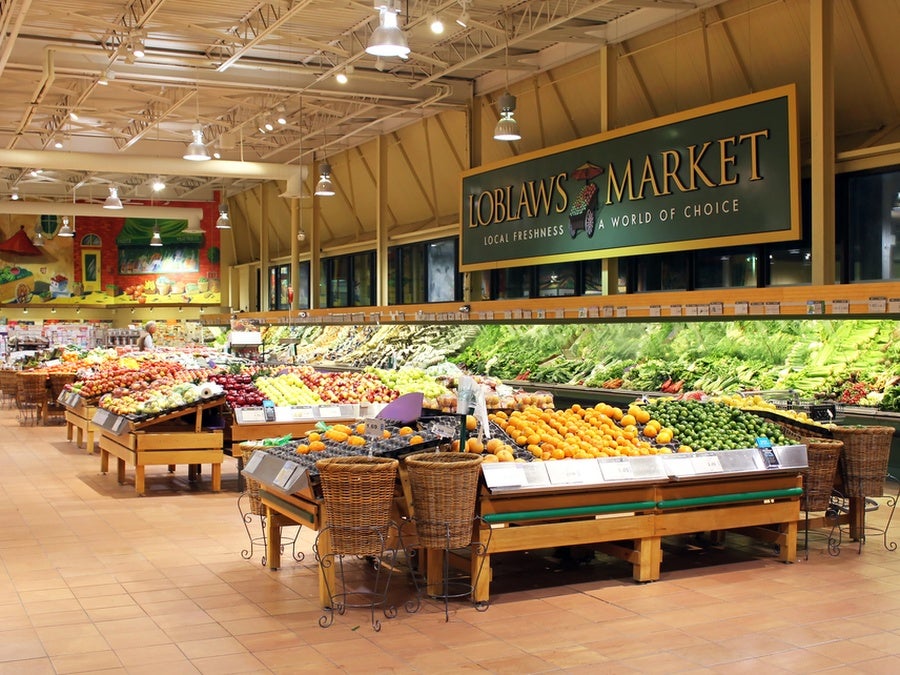[ad_1]

Canada Prime Minister Justin Trudeau has threatened to impose taxes unless grocery retailers come up with measures to “stabilise” food prices.
Leaders of the country’s largest food stores have been called to a meeting next week in Ottawa to discuss proposals, according to a document posted on Trudeau’s web portal yesterday (14 September).
“In recent years, large grocers have been making more money, all while the cost of groceries has risen drastically and families are struggling to put food on their tables,” the document, covering the text of a speech given by the prime minister at a press conference in London, Ontario, read.
“We are also looking at all tools at our disposal, and we are not ruling out the use of tax measures, in order to restore the grocery price stability that Canadians expect.”
Canada’s government also intends to take steps to improve competition across the economy, “with a focus on the grocery sector”, it said.
Amendments to the Competition Act are planned, including giving the competition regulator the power to take action “against collaborations that stifle competition and consumer choice, in particular situations where large grocers prevent smaller competitors from establishing operations nearby”.
Reuters suggested Canada’s five largest food retailers, including Loblaw, Sobeys and Metro, have been given until 5 October to come up with proposals to stabilise prices.
“Our government is taking concrete actions to stabilise food prices and improve competition in Canada,” François-Philippe Champagne, the minister of Innovation, Science and Industry, said in the document.
“That’s why the industry needs to step up with meaningful solutions. But that’s not all. We also need updated tools to modernise our competition environment. Our government will continue to work day-in and day-out to bring relief to consumers and increase competition.”
Food inflation slowing
Sylvain Charlebois, a professor in food distribution and policy at the Faculties of Management and Agriculture at Dalhousie University in Halifax, suggested the Canadian government “is inspired by what’s going on in France”.
France’s Finance Minister Bruno Le Maire held two days of talks in August with retailers and food producers to press for a reduction in consumer-goods prices following warnings from the bosses of Carrefour and Les Mousquetaires that people were cutting back on food due to inflation pressures.
Le Maire’s discussions culminated in a deal with retailers and some manufacturers, with price caps and reductions on some products.
Speaking on Bloomberg Television about Canada’s proposals, Charlebois said they are “not really a signal you want to send if you want more competition and more investment into the country”.
He added: “If you want more competition, you need more players and more players who think they can make money. If you have a government putting brakes on food prices, guess what’s going to happen. Companies will sleep.”
Grocery inflation in Canada was 8.5% in July, slowing from June’s 9.1% annual pace. But it is still the above all-items headline rate of 3.3%, albeit that was down from 2.8% a month earlier.
Charlebois predicts increases in food prices in Canada could slow to around 5-7% by year-end, with the gap to the headline measure to be around zero in April or May of next year. However, he warned of the consequences of potential price controls.
“If Loblaw is forced to bring down prices, it’s going to turn around and put more pressure on processors, family businesses and farmers who deal with grocers. You have to think about the entire supply chain.”
[ad_2]
